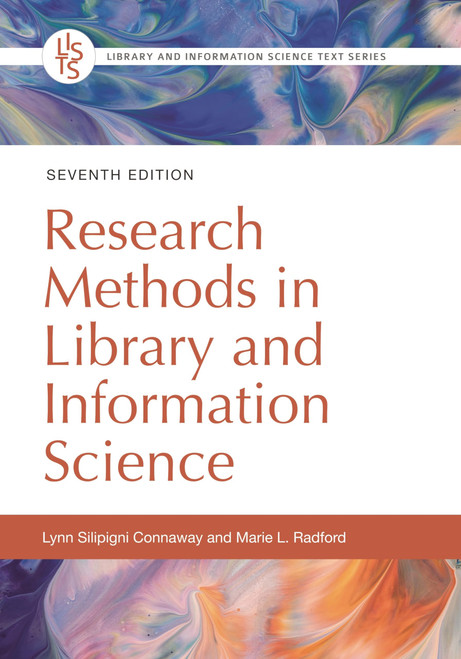This third edition of Taylor's modern classic continues to articulate the theory, principles, standards, and tools behind information organization.
As with previous editions, it begins with strong justification for the continued importance of organizing principles and practice. Following a broad overview of the concept and its role in human endeavors, Taylor and Joudrey provide a detailed and insightful discussion of such basic retrieval tools as inventories, bibliographies, catalogs, indexes, finding aids, registers, databases, major bibliographic utilities, and other organizing entities; and subsequently trace the development of the organization of recorded information in Western civilization from 2000 B.C.E. to the present. Standards of codification (MARC, SGML, and various DTDs), controlled vocabularies and ontologies, and Web 2.0 technologies are but a sample of its extensive topical coverage.
The Organization of Information remains the title of choice for students and professionals eager to embrace the heritage, immediacy, and future of this fascinating field of study.











